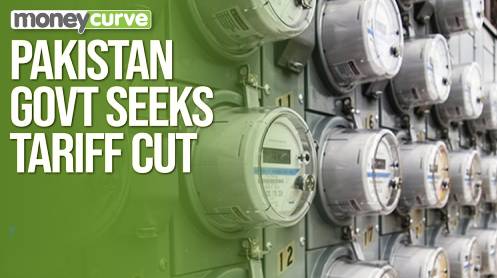The UK will review its current licensing policy for oil and gas exploration in the North Sea to have it aligned to the country’s ambition to achieve net-zero emissions by 2050.
“The review will ensure the Government has the information needed to plan for future oil and gas production in the UK, in a way that is aligned with tackling climate change,” the UK Department for Business, Energy & Industrial Strategy said in a statement.
The UK became last year the first industrialized nation to enshrine the net-zero ambition in a law. The government, as well as industry associations and other stakeholders, support the net-zero plan and call for a green recovery from the current crisis that has hit the UK offshore oil and gas sector.
The UK, however, needs to strike a balance between net-zero actions and keeping the oil and gas industry in good shape as it supports 270,000 jobs across the UK and is a major contributor to tax revenue.
“Our review into future oil and gas licensing rounds will ensure we are able to meet our net zero target, while protecting jobs across the country as part of our plan to build back better with a greener, cleaner economy,” Business and Energy Secretary Alok Sharma said in a statement.
Meanwhile, the UK’s Oil and Gas Authority (OGA) said on Thursday that it had offered for award 113 license areas over 260 blocks or part-blocks in mature areas close to existing infrastructure to 65 companies in the 32nd Offshore Licensing Round. The OGA will be taking a temporary pause from annual license round activity and will not run a licensing round in what would have been the 2020/21 period, as previously planned, it said.
Commenting on the government’s review into the offshore licensing regime, OGUK, the leading representative body for the UK’s offshore oil and gas industry, “called for a constructive and open discussion about how the UK will continue to meet its energy needs while delivering consumer affordability and jobs, optimising indigenous energy sources in a way that ensures the UK doesn’t offshore its emissions to other countries.”





